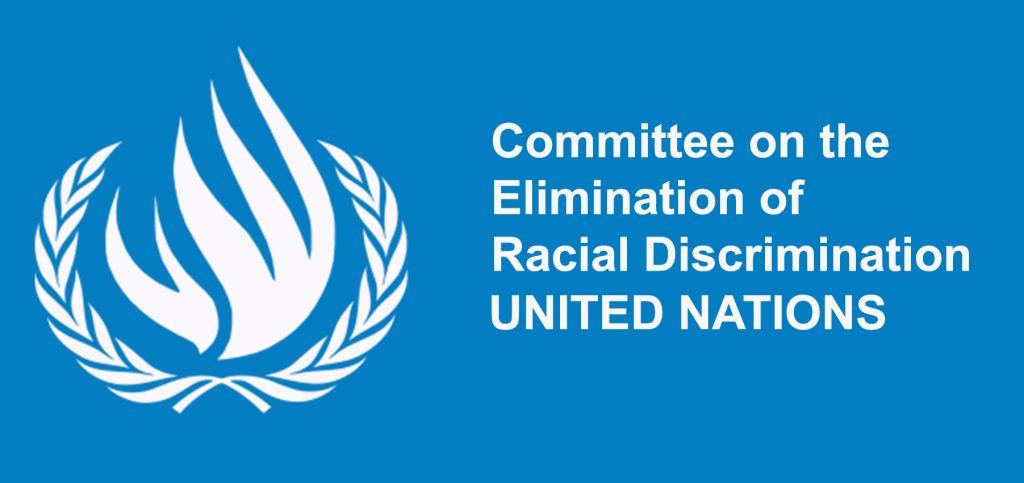UN Committee urges the Netherlands to promote equality

PHILIPSBURG — “Formal equality does not equate material equality.” That is one of the conclusions of the UN Committee on the Elimination of Racial Discrimination after the evaluation of the Dutch 22nd to 24th periodic report. During a meeting about these reports, Committee-experts asked questions about the Dutch national framework for tackling racial discrimination, racial profiling by police officers, the Dutch colonial legacy and its role in the trans-Atlantic slave trade.
The committee expressed its concern that the economic support the Kingdom provided to its Caribbean countries is linked to conditions and that this support is less favorable that what has been provided to the European Netherlands. There are also concerns about obstacles the population of the Caribbean countries face for the full realization of their right to self-determination.
The committee recommends that the Netherlands compare the impact of the economic support it has provided to the Caribbean countries to that provided to European Netherlands. Furthermore, the committee asks the Netherlands to ensure the autonomy of the people in the Caribbean and to ensure their participation in decision-making processes that are of particular concern to them.
Also, the committee recommends that the Netherlands take measures to address any discrimination against, and promote equality between Dutch citizens born in the Caribbean and those born in European Netherlands.
Patrice Gumbs, the interim director of the Department of Foreign Relations, attended the meeting on behalf of St. Maarten.
The Committee found that modern Dutch society is “not inherently inclusive due to the fractured nature of Dutch national identity and belonging.”
Verene Shepherd, a member of the Committee who is also on the Taskforce for the Netherlands, asked whether the Netherlands is prepared to amend the (Kingdom) Charter to finalize decolonization in accordance with international law.
Shepherd also wanted to know whether the Netherlands is prepared to provide monetary and other reparations to the islands as a result of violations committed during the colonial period. While these questions must have piqued the interest of these who are pushing the decolonization-agenda in St. Maarten, Gumbs left them unanswered.
The Dutch delegation did however address the matter of racial profiling. “This must be prevented,” the delegation stated. To emphasize this issue, it referred to the Power of Difference Program the police initiated back in 2016. “In St. Maarten, learning about profiling was a key component of the training of law enforcement officials,” the delegation stated.
The Netherlands is also of the opinion that its relationship with other parts of the Kingdom is not up for reform. As far as slavery is concerned: Prime Minister Mark Rutte has expressed his regrets, but he declined to apologize for it.
Carsten Herstel, the director-general for social security and integration at the ministry of social affairs and employment, remarked that “discrimination and exclusion are a hard reality and a source of injustice and inequality.”
Gumbs offered that the government in St. Maarten has submitted documentation commemorating the route to freedom of enslaved African persons to the UN Educational, Scientific and Cultural Organizations Memory of the World Committee.
Gumbs also described St. Maarten as a country with a population of 65,000 and as the host to 117 different nationalities. “Different racial, ethnic and national groups are encouraged to partake in national parades and manifestations to highlight and dignify the multifaceted St. Maarten identity,” Gumbs said.






















